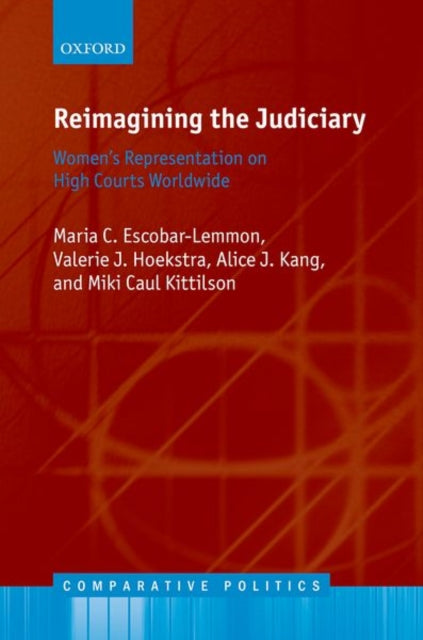
Screening Foreign Direct Investment in the EU: Political Rationale, Legal Limitations, Legislative Options
 Limited Time Sale
Limited Time Sale$59.54 cheaper than the new price!!
Free cash-on-delivery fees for purchases over $99
Product details
| Management number | 201829104 | Release Date | 2025/10/08 | List Price | $59.55 | Model Number | 201829104 | ||
|---|---|---|---|---|---|---|---|---|---|
| Category | |||||||||
FDI screening is a controversial topic that involves the intersection of law, politics, and economics. This book analyzes the political rationale behind FDI screening in the EU, reveals the legal limitations of current screening mechanisms, and identifies legislative options for broader screening mechanisms. It argues that the EU and Member States have the flexibility to adopt broader FDI screening mechanisms, but that these mechanisms must be based on clear criteria and subject to review and accountability.
Format: Hardback
Length: 359 pages
Publication date: 20 July 2022
Publisher: Springer International Publishing AG
Foreign Direct Investment (FDI) from third countries is a subject that elicits contrasting perspectives. On the one hand, it is seen as a desirable means to boost the EU's economy, offering potential growth, job creation, and technological advancements. On the other hand, it is perceived as a threat to important EU and Member State interests that necessitates the implementation of FDI screening mechanisms to mitigate potential risks.
FDI screening is a complex, contentious, and highly topical issue that intersects law, politics, and economics. This book delves into the political rationale behind FDI screening in the EU, shedding light on the legal limitations of current screening mechanisms based on security and public order. It also identifies legislative options for broader screening mechanisms that align with EU and international economic law.
In particular, the book identifies four primary concerns in the EU regarding FDI from third countries:
• Distortive competition effects: FDI from third countries can potentially lead to unfair competition within the EU, affecting domestic industries and workers.
• Lack of reciprocity on FDI treatment between the EU and the investors' home country: There may be disparities in the treatment of FDI between the EU and the investors' home country, leading to potential discrimination against EU investors.
• Objectives of the investor or their home country that may be detrimental to EU interests: Foreign investors may have objectives that conflict with EU interests, such as accessing sensitive information or gaining control over critical infrastructure.
• Safety of private information: FDI can raise concerns about the protection of private information, particularly in industries such as healthcare and finance, where sensitive data is at stake.
To address these concerns, the book analyzes the Screening Regulation (Regulation (EU) 2019/452), which introduces a new screening ground called "security or public order." It examines whether this and other similar screening grounds based on security, public order, and public policy can effectively address the concerns raised regarding foreign investors.
Based on an analysis of WTO law and EU primary law, the book argues that these screening grounds are insufficient to safeguard EU interests. Therefore, the question arises: Do the EU and Member States have the flexibility to adopt broader FDI screening mechanisms?
To answer this question, the book examines the freedoms of capital movement and establishment in EU primary law, as well as various sources of international economic law, including the WTO's General Agreement on Trade in Services (GATS) and other bilateral and multilateral agreements. It explores the legal framework within which the EU and Member States can implement FDI screening mechanisms, taking into account the principles of free trade, non-discrimination, and national security.
The book concludes that while the EU and Member States have certain flexibilities to adopt broader FDI screening mechanisms, they must do so in a manner that is consistent with EU and international economic law. It emphasizes the importance of striking a balance between promoting FDI and safeguarding EU interests, ensuring that screening mechanisms are transparent, fair, and proportionate to the risks posed by foreign investors.
In conclusion, FDI screening is a complex and multifaceted issue that requires careful consideration of political, legal, and economic factors. This book provides valuable insights into the political rationale behind FDI screening in the EU, the legal limitations of current screening mechanisms, and legislative options for broader screening mechanisms. By analyzing the freedoms of capital movement and establishment in EU primary law and various sources of international economic law, the book argues that the EU and Member States have the flexibility to adopt broader FDI screening mechanisms, but must do so in a manner that is consistent with EU and international economic law.
Weight: 729g
Dimension: 235 x 155 (mm)
ISBN-13: 9783031056024
Edition number: 1st ed. 2022
Correction of product information
If you notice any omissions or errors in the product information on this page, please use the correction request form below.
Correction Request Form
















